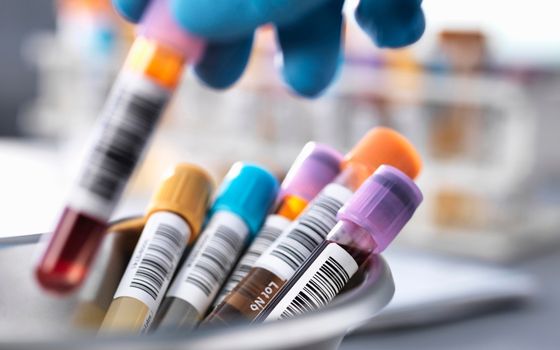In the past ten years, there has been a consistent rise in the demand for herbal remedies, which can now be found in the homes of around twenty percent of all people. Herbal remedies are complex mixes of organic substances that can originate from any raw or processed component of a plant, including the leaves, stems, flowers, roots, and seeds. Herbal remedies are also sometimes referred to as naturopathic remedies. Herbs are dietary supplements under the legislation as it stands now; as a result, manufacturers are permitted to create, sell, and advertise herbs without first showing their safety and effectiveness, as is necessary for pharmaceutical pharmaceuticals. Although it is common knowledge that herbs are “natural” and, as a result, risk-free, many various adverse effects have been documented because of the herbs’ active substances, contaminants, or combinations with other medications.
Regrettably, there is a lack of data in the scientific literature to support claims that most herbal products are both safe and effective. Although there is some scientific evidence showing the efficacy of five of the top ten herbs (ginkgo, garlic, St. John’s wort, soy, and kava), the decision to utilize these products may be tempered by concerns over their safety and a consideration of alternative medical treatments.
The likelihood of herbal remedies becoming a significant alternative to conventional medical treatments is low unless there is a shift in the regulation of these remedies, a standardized approach to their use, and increased financing for research into these remedies.
CEBIS can assist its clients to build up scientific evidence – Safety and Efficacy for their dietary supplements or food for special medical purposes, by organizing pilot or real size clinical trials.

Even if you are still in the planning stages of your project, you are more than welcome to submit a request to us. We can assist you with a quotation or create a proposal for you based on the minimum of information you can provide.
Follow us
CEBIS Interantional
Romania- Helios Business Center (HBC),
47 Bd. Theodor Pallady,
Bucharest, Romania